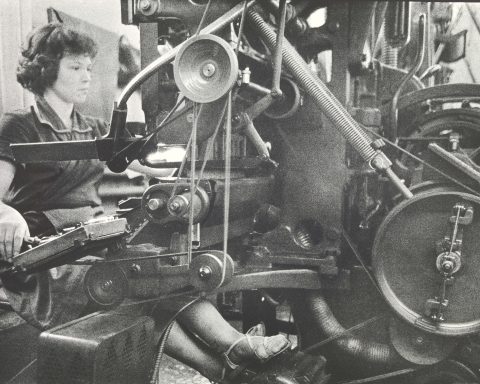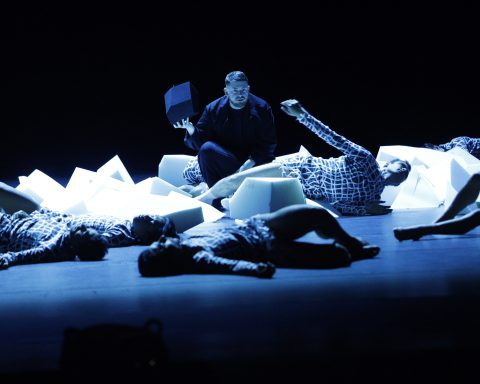At some point in life we may all face existential crises. Even the most stable of people can find themselves on a ship with no rudder.
According to the online publication Science of People, 67.9% of people have questioned their own validity. The pandemic saw a rise in young people suffering psychologically. Artists have long been seen as perpetually starving or struggling in order to remain “relevant.”
It is true that for most artists, life is precarious.
This leads to being able to roll with the punches, as well as the ability to step back and objectify obstacles as they arise. I am reminded of two very unique perspectives I had the pleasure of witnessing this winter: tap dancer choreographer Sebastian Weber and choreographer performance artist Steven Cohen, who I saw at euroscene.
Aging out
Jodie Foster has been all over the interview circuit saying that turning 60 has freed her up. She spent her 50s competing with her younger self, an impossible task.
Somehow 50 feels monumental. It’s half a century. Clearly, there are more years behind than are ahead for nearly all of us. One side effect, according to Sebastian Weber, is slower recovery time. You’d never know it seeing him in his solo dance work The Long Run.
If anything, he has added in movement and nuance. The body is a vessel where memory and new experiences can be whirled into something unique. Our past has an indelible effect on us. Sebastian explores his body and mind as receptor and raconteur. The Long Run looks back at his life so far and, in particular, the people who helped shape him.
What could a tall skinny German vicenarian learn from the streets of 1990s New York? First and foremost, the gift of sharing. Yes, he got some good food, but he was fed in so many other ways. He was lucky to have been there when tap was in a Renaissance. He found a community dedicated to evolution based on respect for those who had come before. And the best thing was those giants of tap were still around and happy to show you a thing or two.
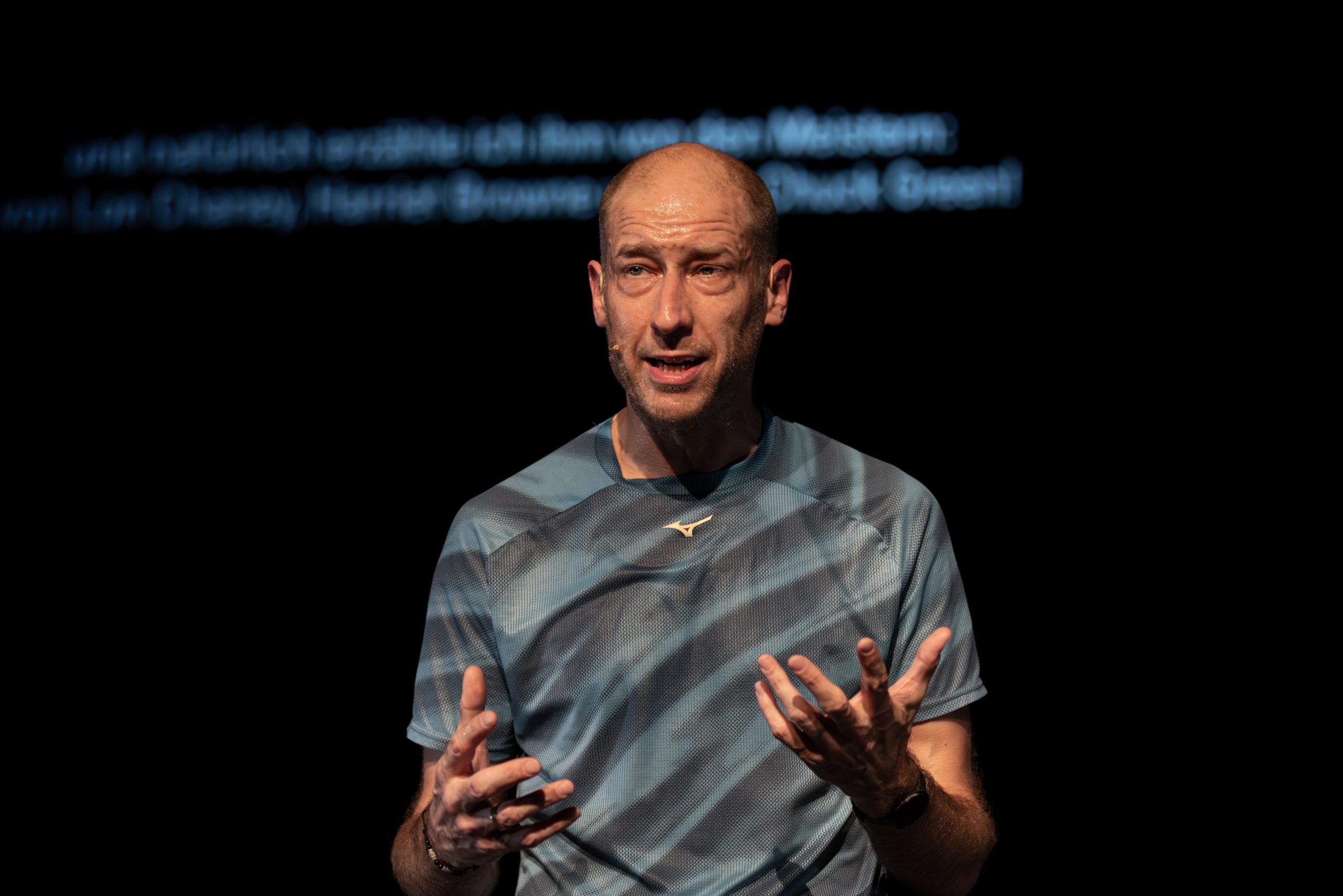
Privilege and responsibility
Sebastian found himself welcome, a white face in a sea of Black faces. “If you have a pair of tap shoes on, you are in!” said Gregory Hines and his brother Maurice seconded. “Dancers don’t see color.”
Thirty years on, as the necessary process of dismantling systemic racism is unfolding, many of us find ourselves aware of previously unseen perspectives and responsibilities. In Europe, Sebastian finds himself in a sea of white faces performing in an historically Black medium. Has his entire career been based on cultural appropriation?
In tap it is widely accepted that one learns someone’s move and then builds on it, giving credit to the originator. In fact this practice served to protect African-American vernacular dancers in the 1930s and 1940s. Unlike in white western culture, where singular ownership is standard, Black culture is defined by community and a strong oral history.
In The Long Run Sebastian shows his skills as he pays tribute to the tap masters he learned from. Each move is accompanied by a story.
At one point I thought his foot might just fall off. I found the stories engaging and his honesty refreshing. It’s not so much that he has all the answers. It’s that he is asking the questions as he constantly rebuilds the set like lego.
We should all be asking questions and listening to the varied answers. Lived experience comes in many configurations.
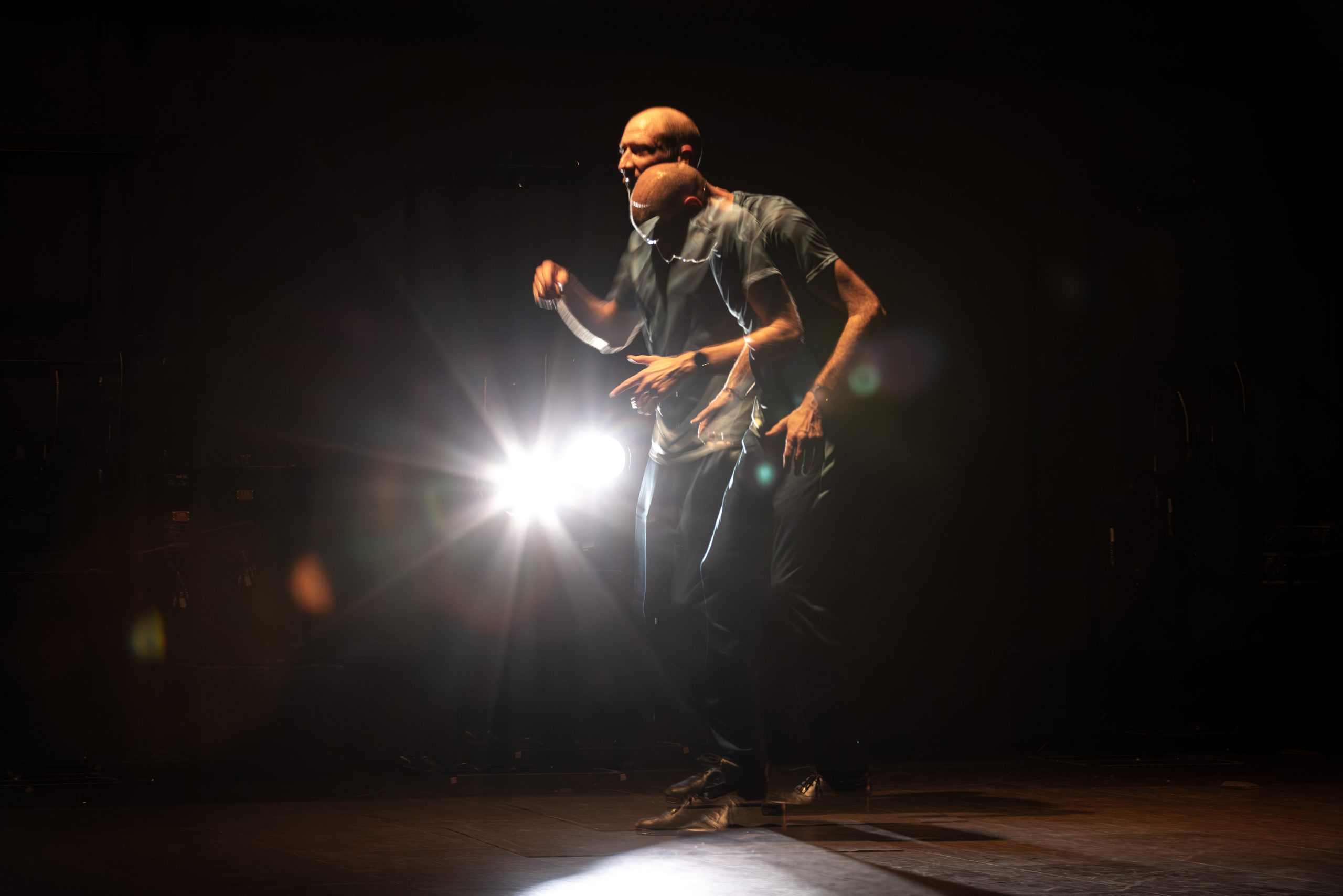
Sebastian Weber
The Long Run
Fri March 12th, 8-9.30PM
Theater Burnburg
Lindenplatz 9
06406 Bernburg

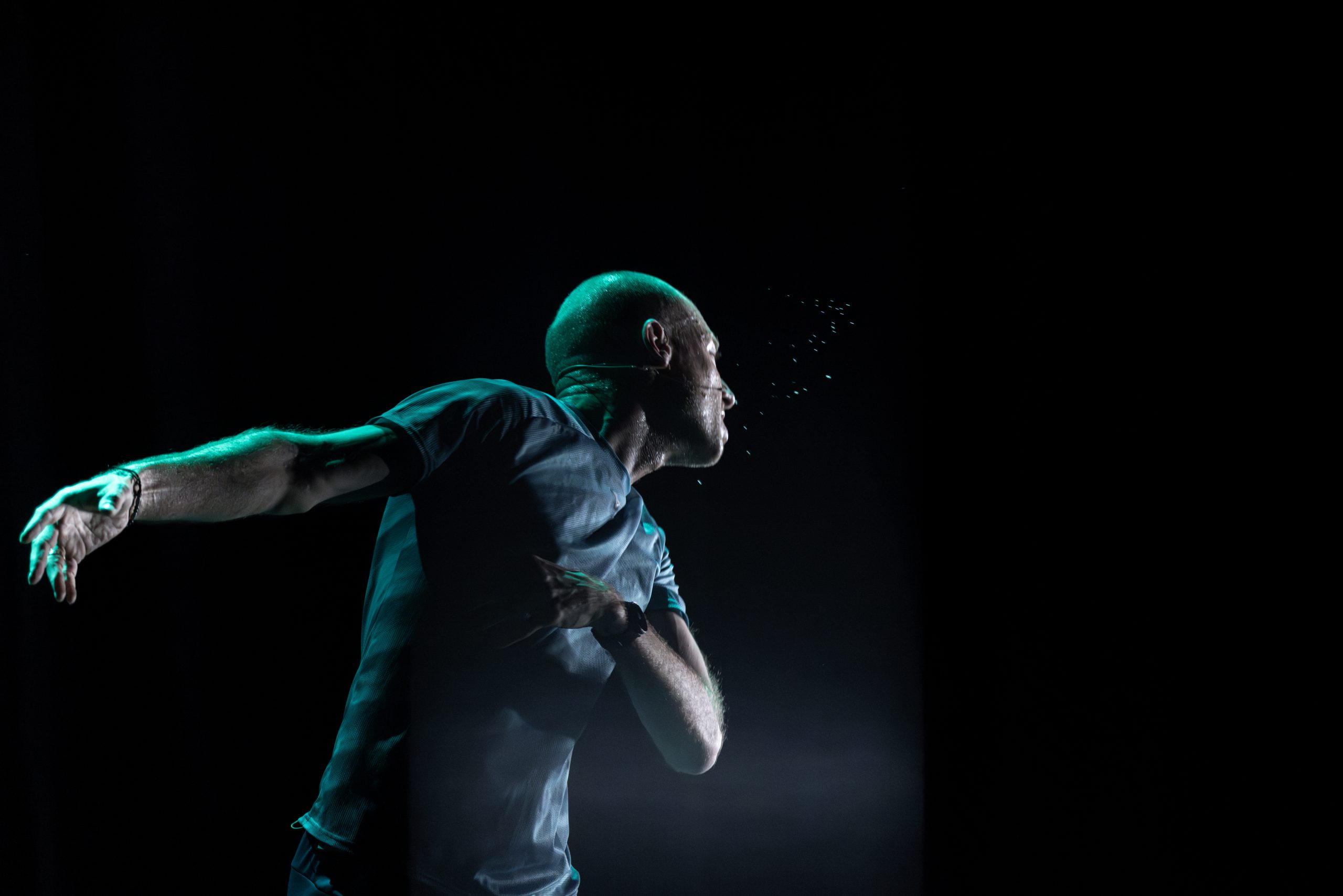
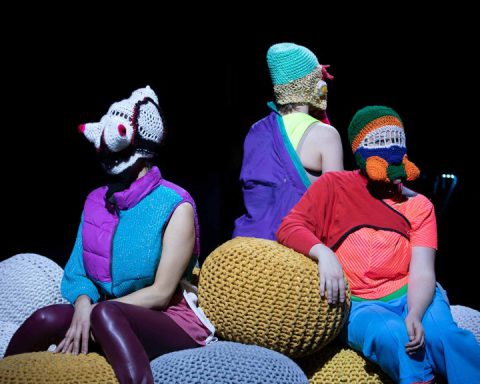

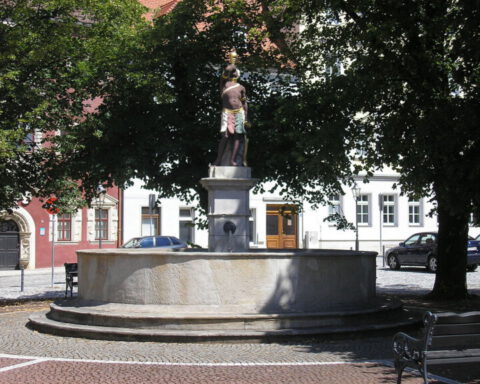
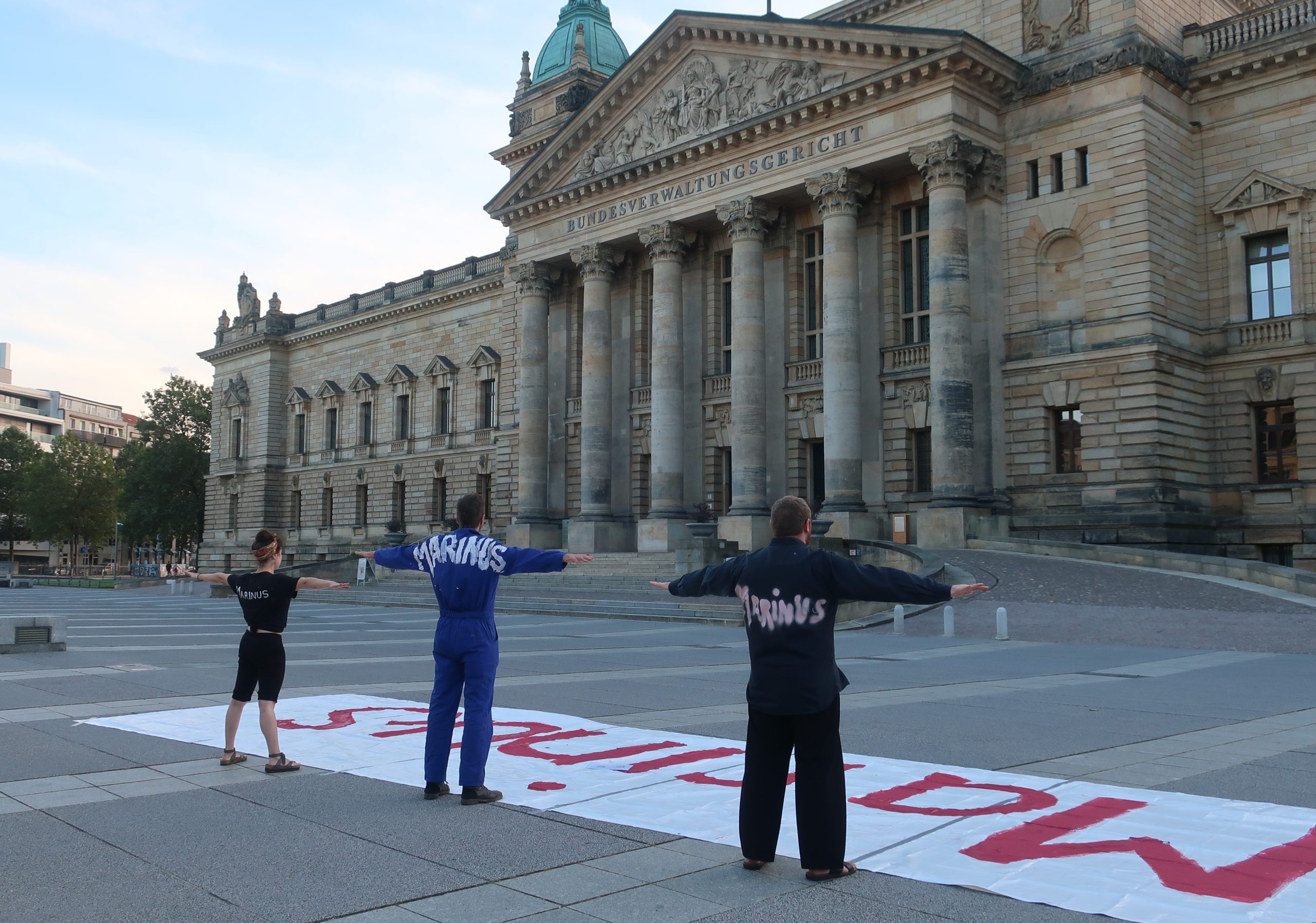
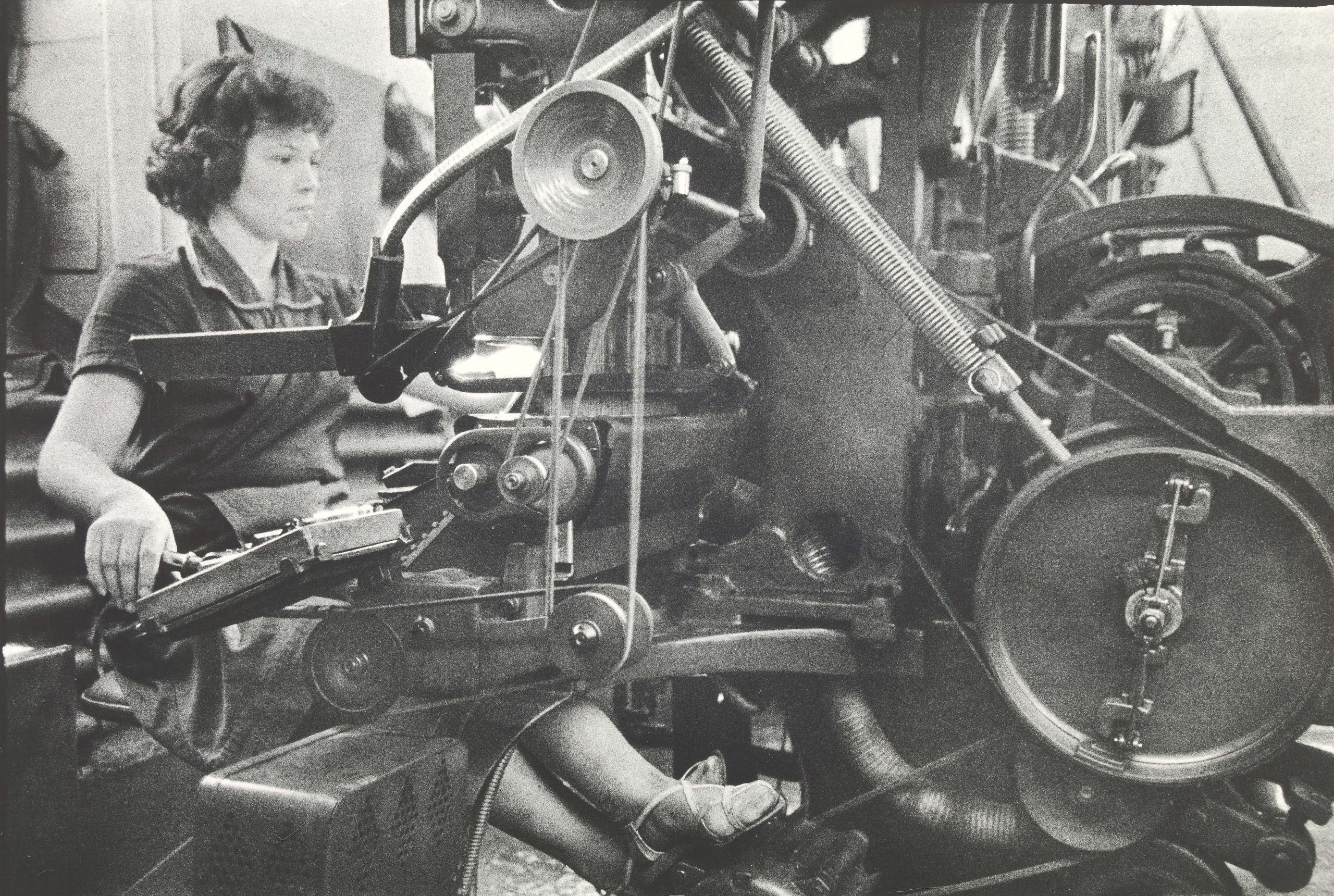

![Wine & Paint event on 9 Nov. 2024 at Felix Restaurant, Leipzig. Photo: Florian Reime (@reime.visuals] / Wine & Paint Leipzig](https://leipglo.com/wp-content/uploads/2024/12/pixelcut-export-e1733056018933-480x384.jpeg)
